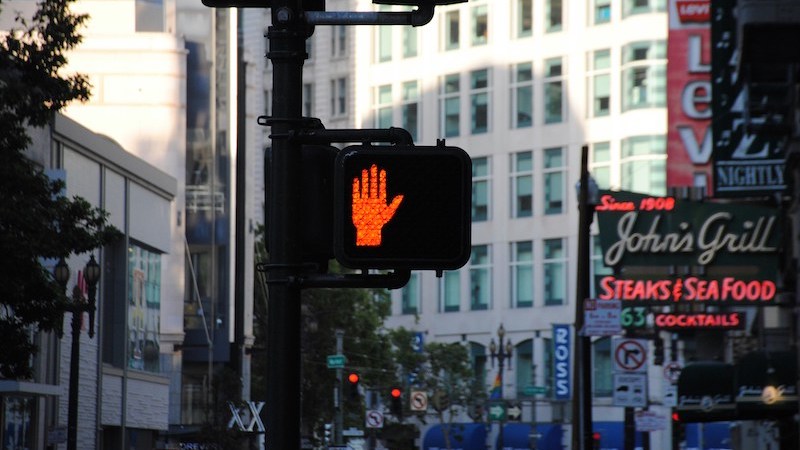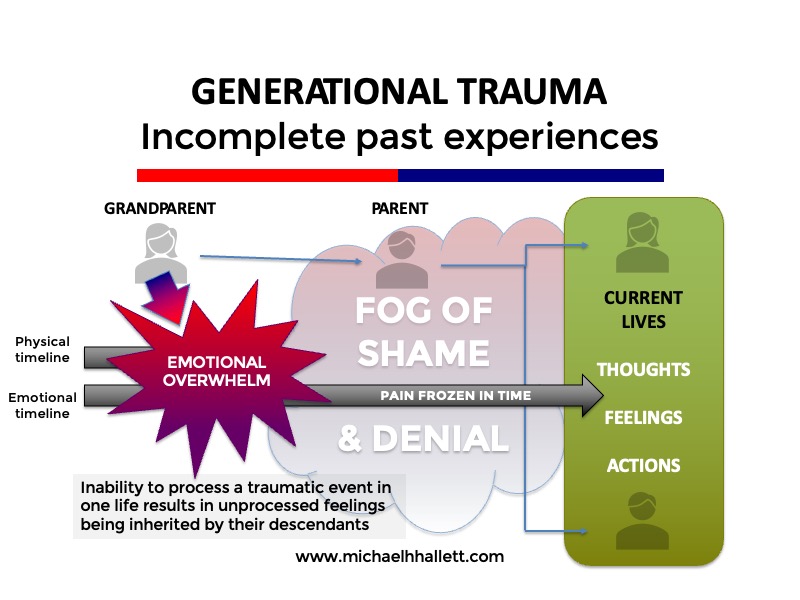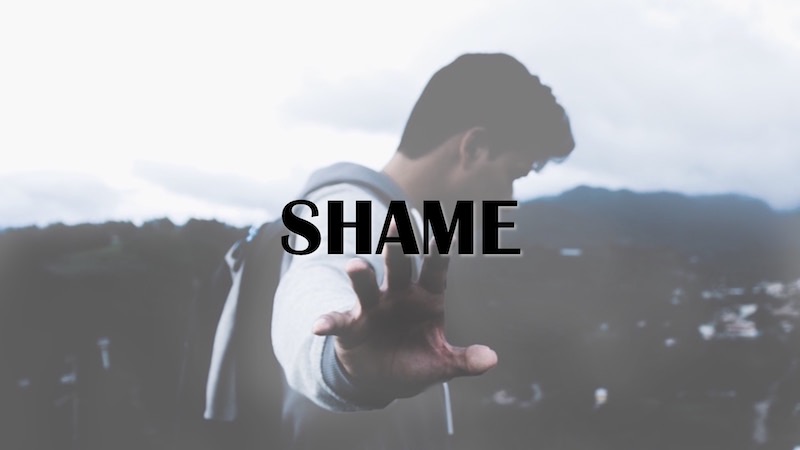Denial – how we make shame unconscious
- 28 May 2024
- Posted by: Michael H Hallett
- Category: Shame ,

I have written ad nauseum about the unconscious shame that smothers our society. I haven’t written so much about the denial that makes and keeps it unconscious—precisely because I couldn’t see it clearly myself.
So, a quick recap on unconscious shame and then why we seek to deny it.
What is unconscious shame?
Unconscious shame is a layer of invisible ‘emotional concrete’ that overlays the whole of society to conceal our collective trauma. It’s so widespread that its effects are considered totally normal and generally pass completely unnoticed.
Because this shame is unconscious, it’s also invisible—to the extent it’s not even recognised in our dictionaries. The Oxford English Dictionary defines ‘shame’ as follows:
1 a painful feeling of humiliation or distress caused by the consciousness of wrong or foolish behaviour:
- a loss of respect or esteem; dishonour
- a person, action or situation that brings a loss of respect or honour
2 a regrettable or unfortunate situation or action
What’s notable about this definition is that it ascribes shame to isolated actions or incidents.
Only when we behave in a “wrong or foolish” manner do we experience feelings of humiliation or dishonour. The word “unfortunate” suggests an element of luck, as if shame occurs by accident, an occasional booby prize in the lottery of life.
The general understanding of shame—if there’s one at all—is that we’re free of it except for those irksome moments of “wrong or foolish behaviour.”
Trauma and denial
Unconscious shame forms an unholy trinity with trauma and denial.
Trauma formation occurs when we unconsciously judge ourselves as reducing our, our family, our community or our country’s perceived status. When the life we’re actually living doesn’t measure up to our idealised, unconscious beliefs of who we are and what our life should look like:
- A soldier wounded in battle who can no longer fight ‘for king and country.’
- A humiliating financial failure that leads a businessman to commit suicide and leave his family destitute.
- An affair that breaks up a family and consigns children to abandonment, lack of positive role modelling, and social deprivation.
Any aspect of our life that doesn’t measure up to our unconscious ideal creates shame.
One of the most powerful drivers of perceived status in our society is usefulness. People who are not useful are useless. Anything that reduces our usefulness, like the paralysing effect of trauma, is a source of both self-judgment and shame.
These traumatic experiences of emotional overwhelm may have happened to us, or may have been handed down for decades through generational trauma.

The only way we can live with these painful traumas is through denial.
What is denial?
Wikipedia informs us that “In psychoanalytic theory, denial is a defence mechanism in which a person is faced with a fact that is too uncomfortable to accept and rejects it instead, insisting that it is not true despite what may be overwhelming evidence.”
Denial has mental and psychological components:
- Mental—the unwillingness and inability to recognise the painful truth, allied to the inability to recognise the presence of denial.
- Psychological—emotionally triggered behaviour when confronted with a denied truth. The more traumatised we are, the more we deny the trauma and the more aggressively we reject both the message and the messenger (‘shoot the messenger’).
Confirmation bias, “the tendency to search for, interpret, favour, and recall information in a way that confirms or supports one’s prior beliefs or values,” is an example of denial in action.
Denial is a means of warding off anything unwanted in our lives, like a hand raised to say ‘stop’—except that over time that hand becomes frozen, like the stop sign in the photo above, and we are unconscious of its continuous presence, shutting out the truths we need to heal and grow.
To uncover denial, recognise that your life is a constant feedback loop. Anytime you react to a situation without knowing why, denial may be present. Notice the situation, notice repetitions of the pattern, feel into your reaction, and ask “why?” Expect an answer. If your intention to know the truth is genuine, it will come—and it will hurt.
Next steps
For further resources on shame, both free and paid, please click on this image.
Photo by Justus Hinz on Unsplash

